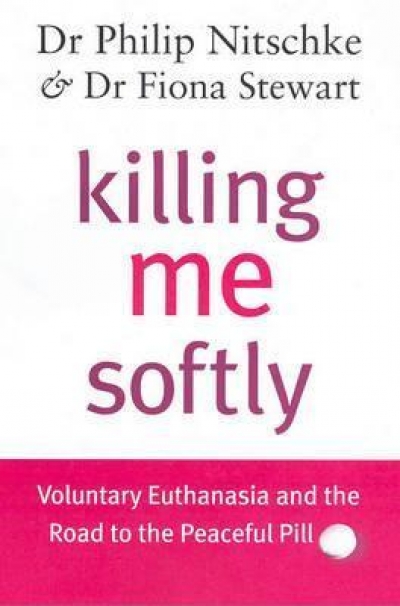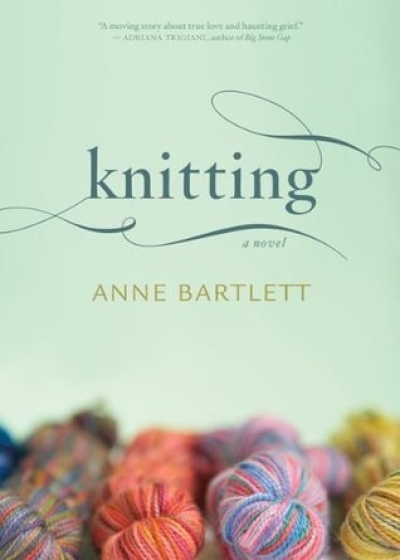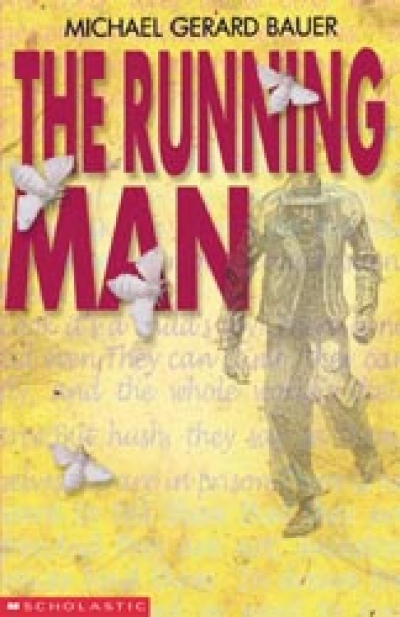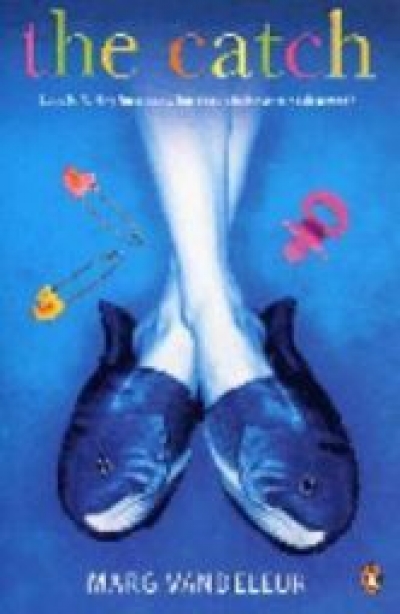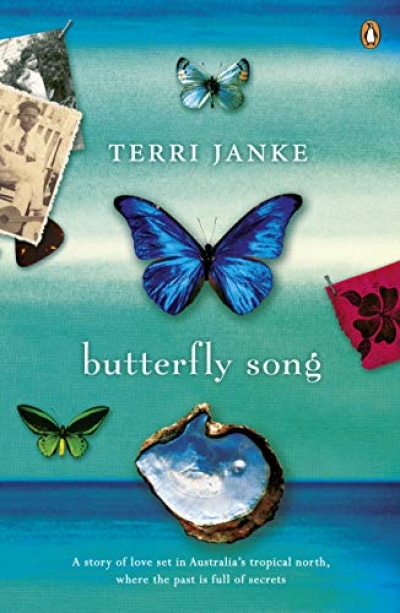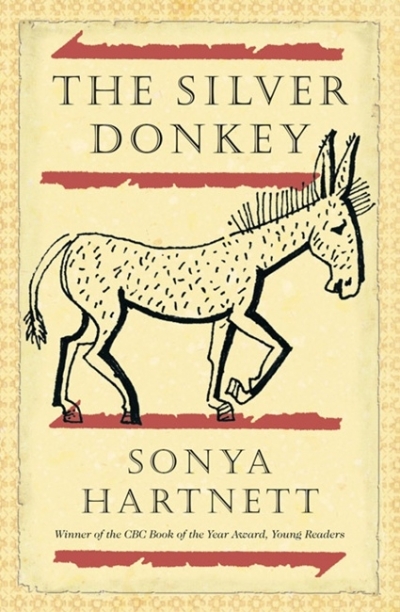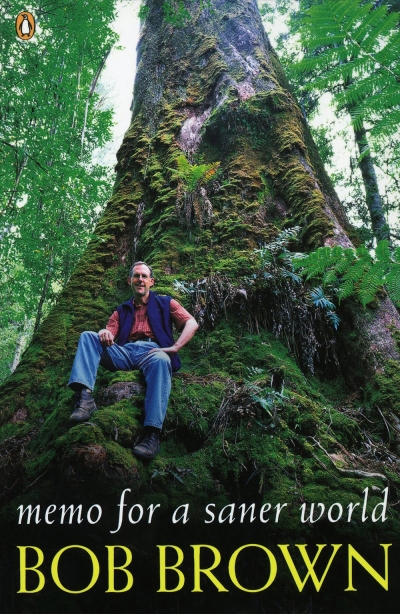Penguin
Killing Me Softly: Voluntary euthanasia and the road to the peaceful pill by Philip Nitschke and Fiona Stewart
The Running Man by Michael Gerard Butler & By The River by Steven Herrick
Four artists have taken the natural world – its wildlife, its ecology, and its geology – and produced four books with entirely different aims. Kim Michelle Toft describes The World That We Want (UQP, $26.95hb, 32 pp) as ‘one that protects, feeds and shelters everything that lives on it’. Essentially, this is a factual book, but one suffused with a sense of wonder because of Toft’s exquisite pictures. Are We There Yet? (Are We There Yet? A Journey Around Australia, Viking, $24.95hb, 32 pp) is Alison Lester’s bubbling account of a family’s ‘journey around Australia’, with cheerful pictures of boab trees, fairy penguins and everything in between. Again, it is factual; if you want to know what a quokka looks like, just find the right picture. This is not so true of Graeme Base’s Jungle Drums (Viking, $29.95hb, 38 pp); although the leopard, the elephant and the warthogs are clearly recognisable in the early pictures, by the middle of the story they all look strange.
... (read more)
